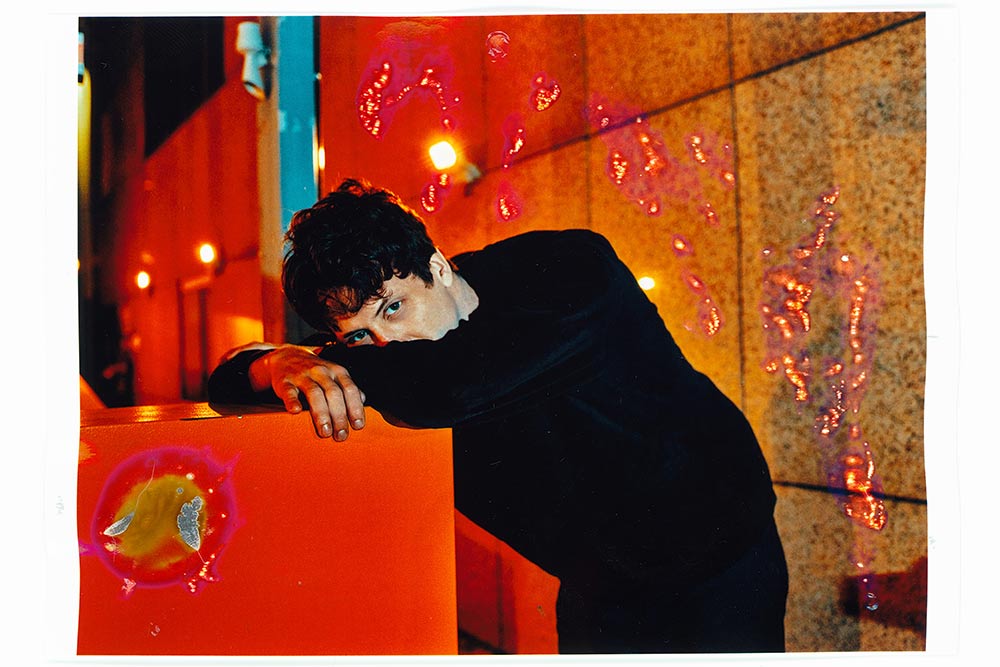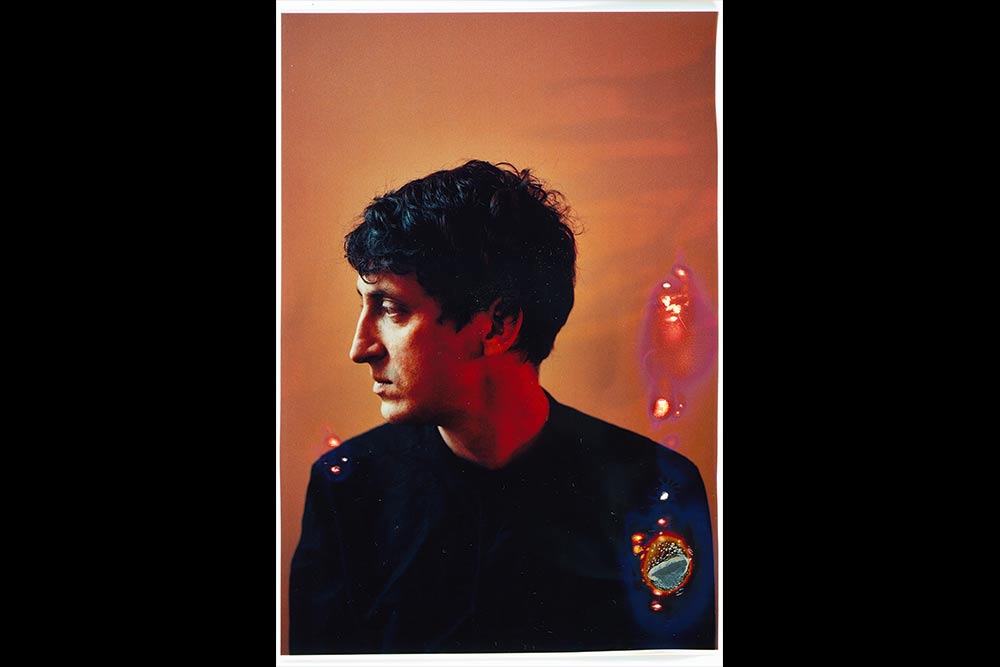It’s an amusing paradox how Parra for Cuva’s new album Juno, containing recordings of theSouth American ronroco, an Indian flute player, and the hammered dulcimer, an ancient Persian instrument, was almost entirely produced within the four walls of the artist’s studio in Berlin. Backin 2019, the German musician found himself in a sort of pre-pandemic lockdown – his girlfriend was pregnant at the time and the couple’s activities were mostly confined to their home. Still, Nicolas Demuth managed to fit the world into Juno – explorations with new instruments and languages, tracks named after African animals and exotic destinations. Interestingly, the album itself, Juno borrows its name from a child that lay safe inside a womb and hadn’t yet experienced the world at all.
That’s the beauty of the 21st century though, one barely has to leave a room to travel far and wide. Parra for Cuva’s previous highly acclaimed album, Paspatou, titled after the butler of Jule Verne’s “Around The World In 80 Days”, already hinted at the musician’s worldly outlook. It also carved a unique position for Parra for Cuva as an artist, who brought a truly original sound to electronic music by mixing emotional dance floor experimentations with acoustic and ethnic soundscapes. Juno takes this global interaction further with the participation of seven musicians from around the world, many of whom Nicolas met online and worked with remotely. For the artist, music-making isn’t about converging ideologies and world views, rather these multicultural collaborations were forged solely on the basis of a mutual love of music. In his studio, the diverse display of instruments – from bells to flutes to kalimbas and hang drums of all kinds – makes evident just how much Nicolas is an explorer of sound, “I don’t believe in spirituality in music but there’s definitely something when you take these traditional melodies and put them together with synths and beats – it takes you on a trip,” he says. Juno’s aptly named opener, Her Entrance, which features recordings of an Indian flute player Nicolas met somewhere in the desert of Rajasthan, feels indeed like an entryway into the world, in all its different colours, cultures and creeds.
Parra for Cuva has no problem in mixing it all up – vocals might come in the form of Ordel’s catchy English lyrics, sung by the Australian Kyson or by South African singer Bongewize Mabandla singing in his mother-tongue isiXhosa in Kamara. While the former track uses gentle guitar melodies by British neo-soul guitarist Beau Diako to inspire wander, the latter uses electronic grooves – provided by German analog synthesizer guru Moglii – to do just the same. Genre-wise there’s also a big compound in Juno that spans downtempo to house with pit stops in hip-hop and pop rhythmics, it’s part of Parra for Cuva’s style to surprise listeners, “I always want to have something weird that you wouldn’t expect in my music,” explains the musician. Manila Palm which starts off as the album’s more accessible and straightforward track, suddenly reveals itself through an unpredictable chorus of heavy bassline and a James Brown-style drum set. Somehow having this many influences and styles in the album doesn’t make Juno one bit incoherent – the tracks fit in and flow into one another perfectly. It’s music that’s in constant movement, seeping slowly and carrying you along with it. Despite being based in the city of techno, Parra for Cuva’s music stands in sharp contrast to Berlin’s distinguished hard electronica. Nicolas is making music much more akin to contemporaries such as Christian Loffler and Max Cooper, who are unafraid of infusing their electronic productions with warm, oftentimes melancholic, analog sounds, “As a musician, I see myself as more mature. My sound is calmer, wiser I think,” reflects Nicolas.
Juno is an entrance into a world that’s multi-cultural and teeming with diversity, but it’s also a serene and peaceful space. Given the year at hand, this entry might also be seen as an escape from our current limited and at times polarized reality. Juno is a meditative and dreamy journey, ever challenging the listener with subtle twists that interrupt the hypnotic groove. “Forget language and all of that and just listen. That’s how I want people to listen to the songs, not thinking about it too much,” says Parra for Cuva.



